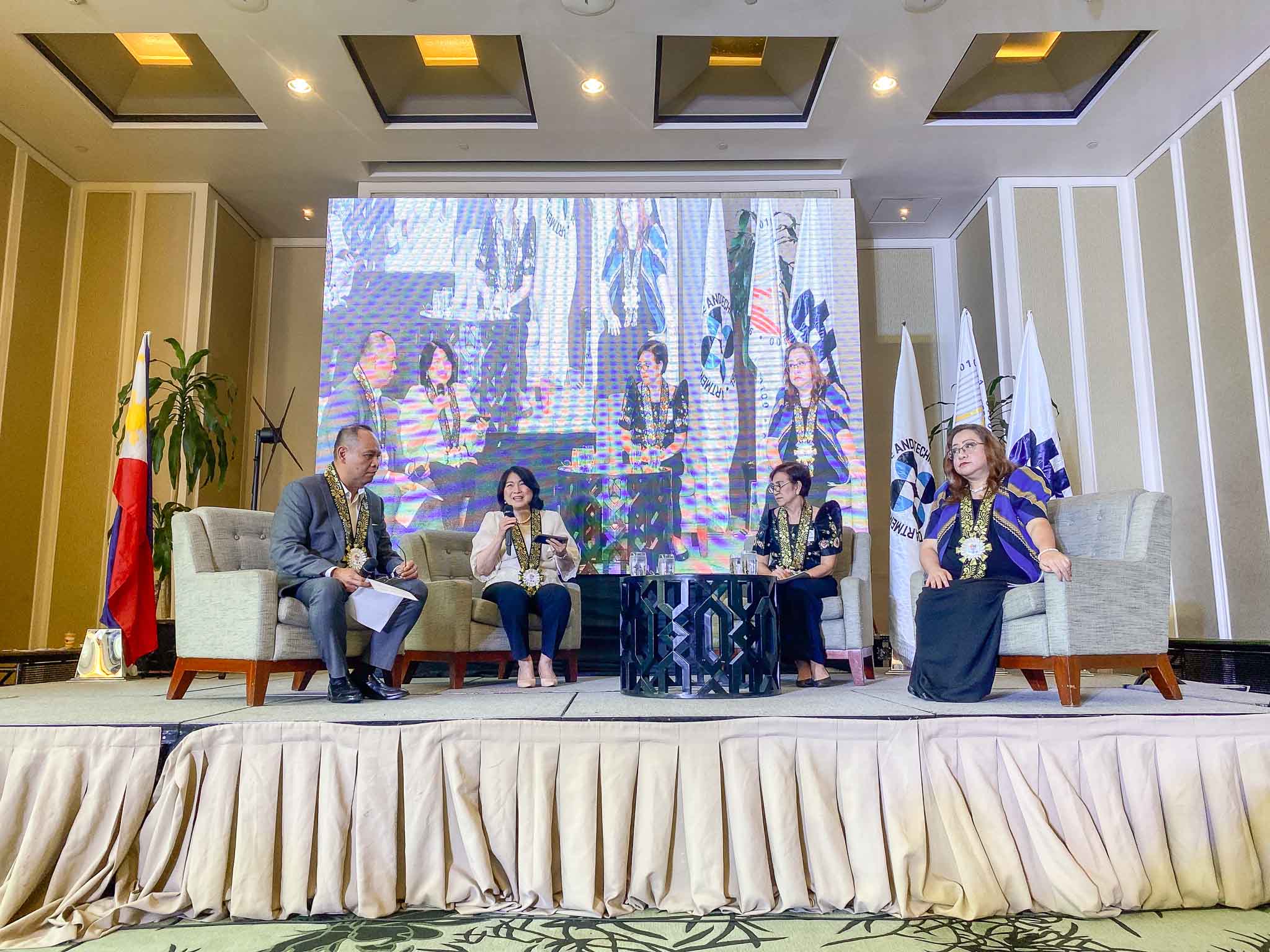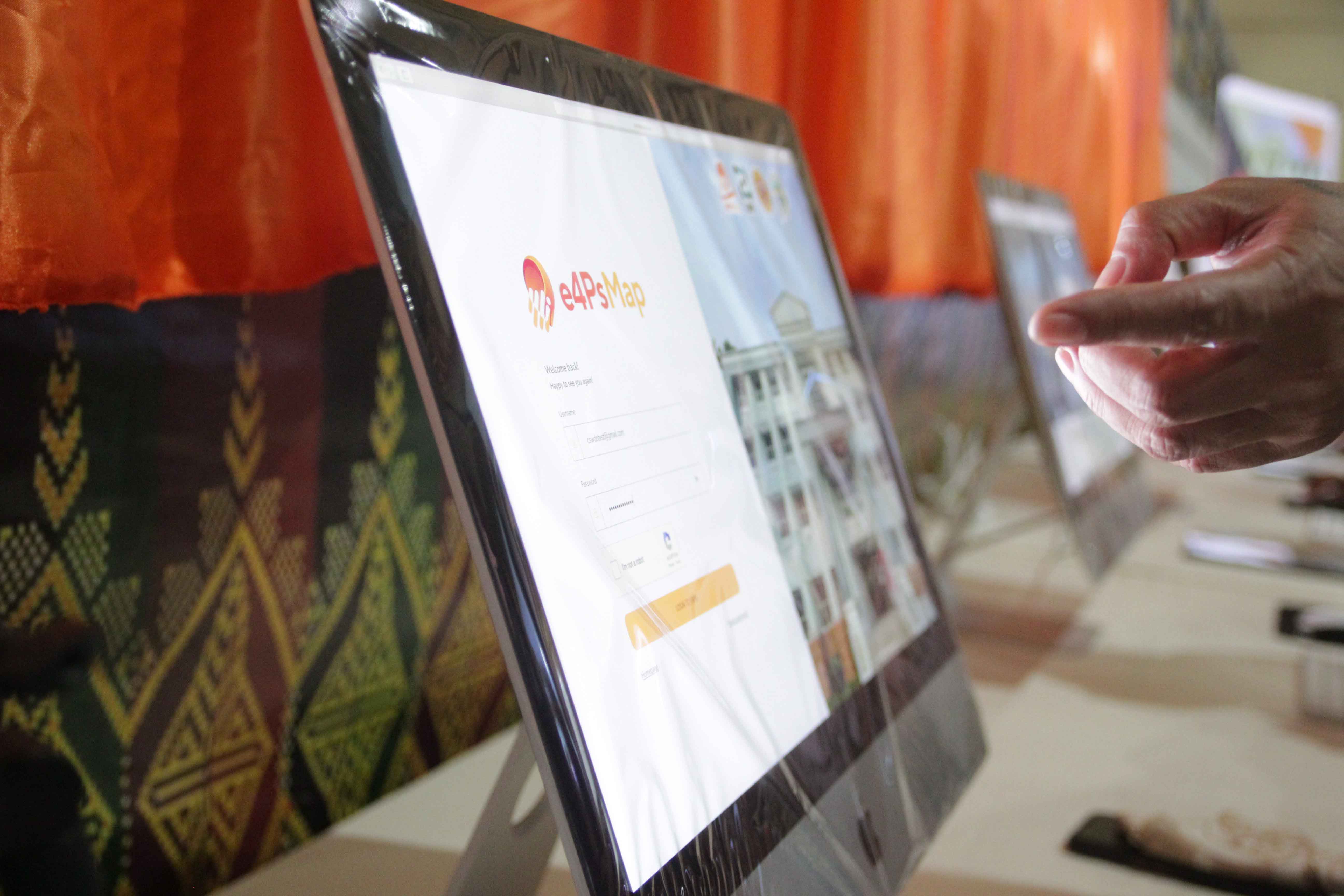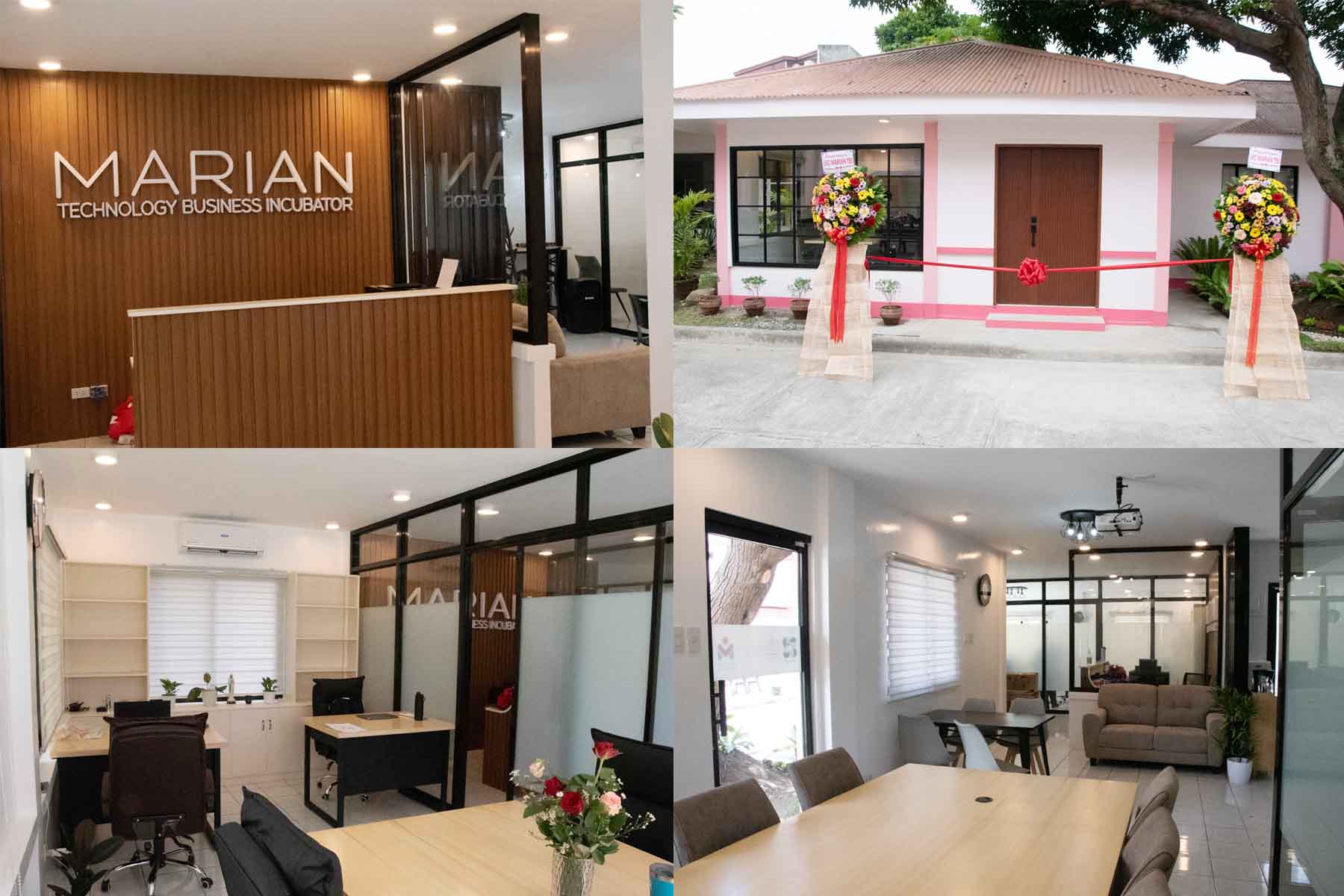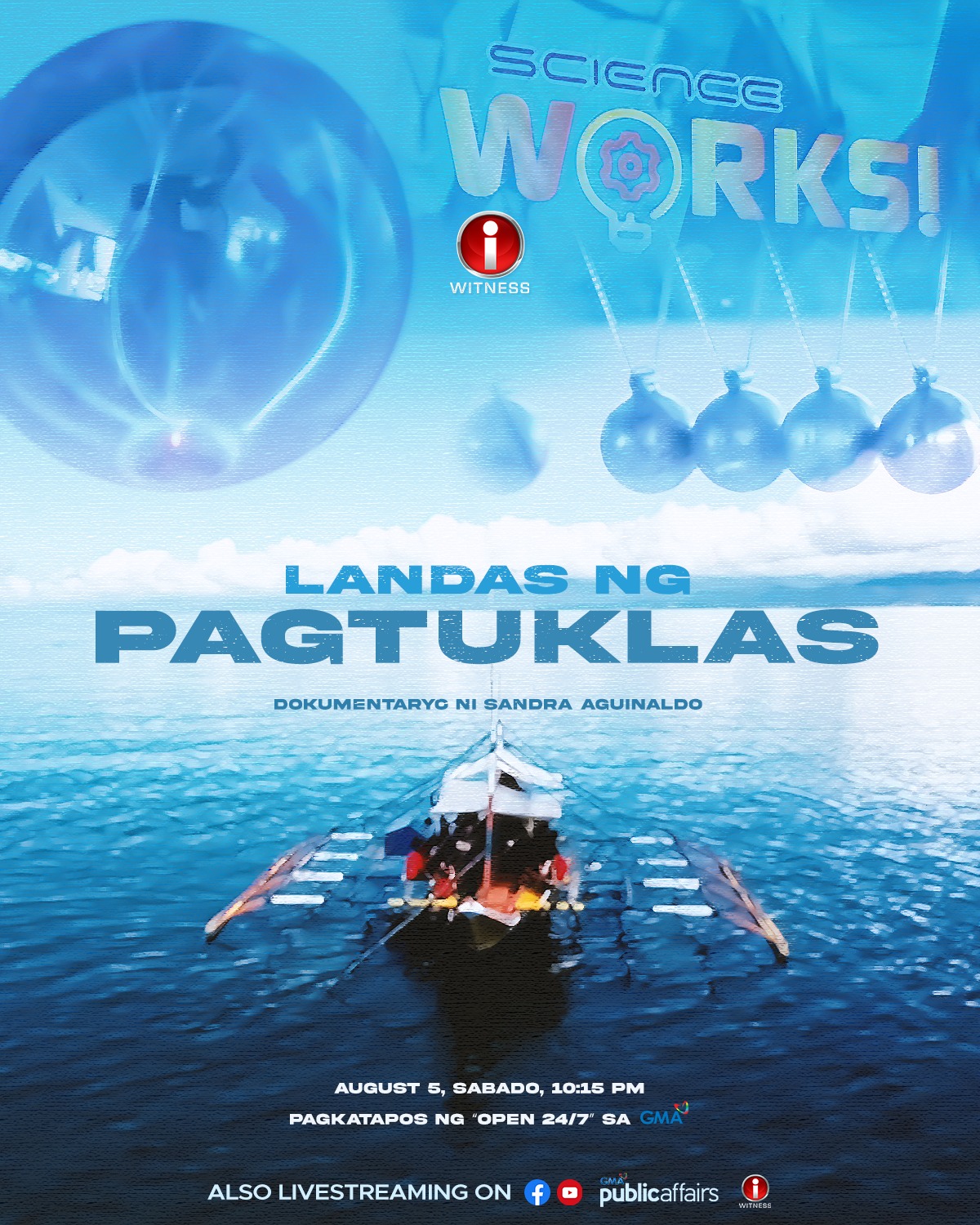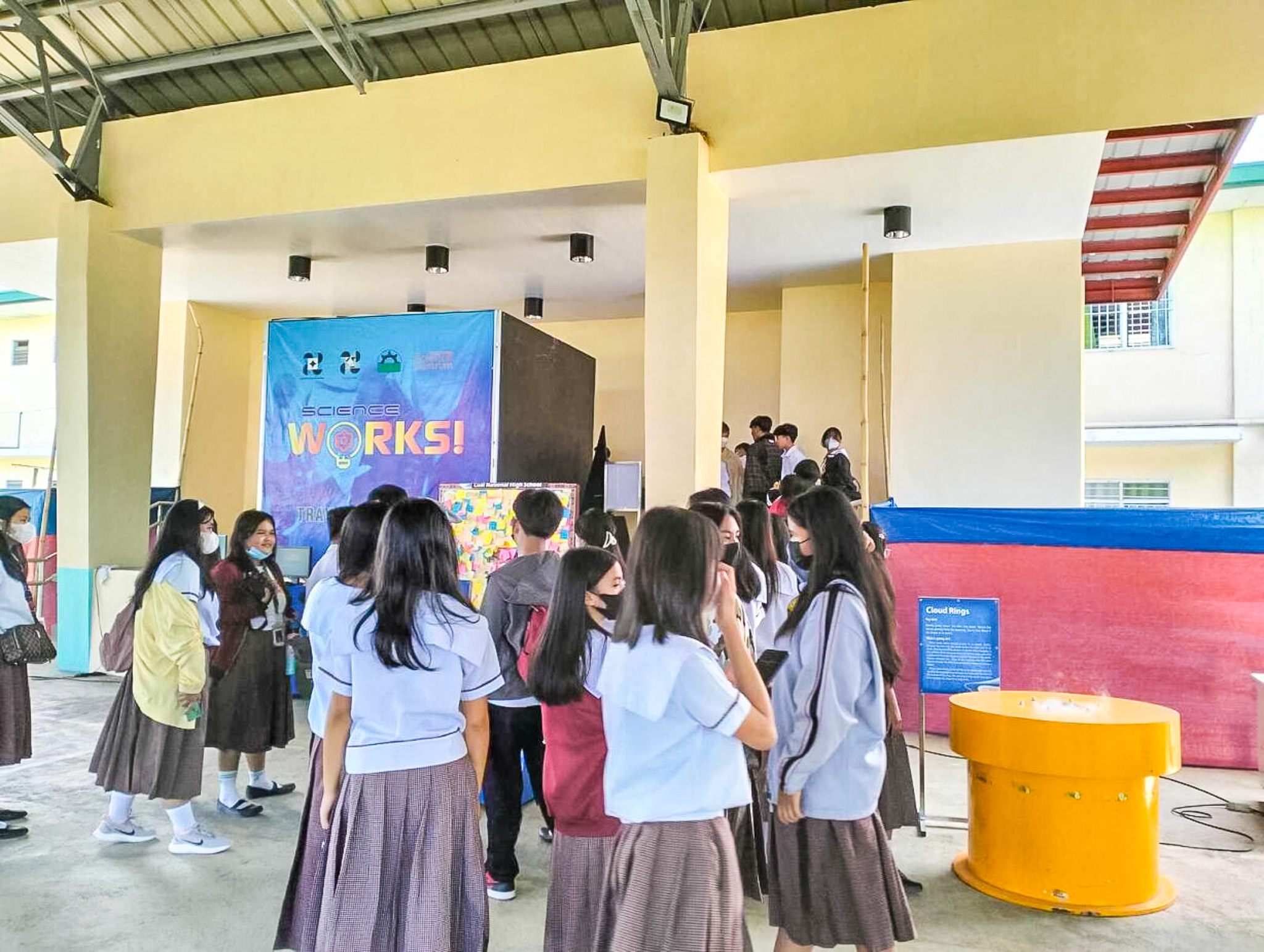The Department of Science and Technology (DOST) has taken the forefront in spurring innovation across the country as it leads the Innovative Startup Steering Committee, with members composed of representatives from the Department of Information and Communications Technology (DICT) and the Department of Trade and Industry (DTI).
“We at DOST recognize the crucial role we play in assessing, monitoring, developing, and expanding the Philippine Startup Development Program as mandated in the Innovation Startup Act,” said DOST Secretary Renato U. Solidum, Jr.
RA 11337 or the Innovative Startup Act enabled the development of the Philippine Startup Development Program where startups will be supported by the respective mandates of national government agencies through programs, benefits, and incentives starting from the onset of ideas, development of products, to marketing, and expansion.
True to its mandate, DOST continues to bolster the innovation startup ecosystem across the country through the various programs initiated and supported.
Solidum added that since the enactment of the Innovative Startup Act and its Implementing Rules and Regulations in 2019, DOST have left an indelible mark on the landscape of Philippine startups.
Under its three sectoral planning councils – Philippine Council for Industry, Energy, and Emerging Technology Research and Development (PCIEERD), the Philippine Council for Agriculture, Aquatic, and Natural Resources Research and Development (PCAARRD), and the Philippine Council for Health Research and Development (PCHRD), initiated the Startup Grant Fund (SGF) Program that was able to provide PHP 230 million to more than 60 startups to overcome their R&D roadblocks, to strengthen their intellectual property (IP) by means of protection, and development of the appropriate IP strategies.
Meanwhile, the Women Helping Women Innovating Social Enterprises (WHWISE) Program focuses on women-led enterprises promoting equity and inclusivity to women entrepreneurs. The program has helped 15 enterprises since 2021 with a total funding of PHP 53 million.
Fostering collaboration with various higher education institutions and state universities and colleges, the Technology Business Incubation (TBI) program was developed to set up and capacitate TBI facilities at their institution. As of 2023, DOST established 54 TBI networks and is pursuing to add 27 new TBIs with a funding of PHP 400 million in the next two years.
DOST also takes proactive efforts in reaching all 16 regions to accelerate the growth and strengthen the startup ecosystem across the country through the Regional Startup Enabler for Ecosystem Development (ReSEED) Program with a total funding of PHP 120 million.
Moving forward, DOST commits to value and practice a strengthened collaboration among the members of the Innovative Startup Steering Committee to streamline a strategic plan of the committee for the next five (5) years and to harmonize their current programs for startup innovation of the country. DOST also hopes for an active participation of the private sectors in backing up startups and startup enablers for a healthy economic ecosystem, among others.
Solidum also emphasized that “DOST, DICT, and DTI are here to support you, provide programs, resources, funding opportunities, and mentorship to help you [startups] thrive and succeed.
Joining the Fireside Chat Forum, DOST Undersecretary for R&D Leah J. Buendia emphasized the importance of partnerships and diversification in molding startups to become global game changers : “For startup to position themselves as global game changers, they have develop a global vision and strategy, build a strong and diverse team, find international strategic partners, leverage technologies, and adapt to international markets and cultures.”
The Philippines is also conducting the 2023 Philippine Startup Week from November 20 to 24 – with the theme, “Investing in Filipino Homegrown Heroes as Global Game Changers,” – highlighting and showcasing the Philippine startup ecosystem.
